Perth transport boss Andrew Parrott has defended potential Tayside road charges and cutting parking spaces.
In a move likely to frustrate some local motorists, Mr Parrott who is also a Perth and Kinross councillor, has defended actions aimed at reducing emissions in the region.
The Perth City Centre ward SNP councillor is chair of Tactran (Tayside and Central Scotland Transport Partnership), the group that may take the plans forward depending on consultation.
The moves discussed include expanding 20mph zones, reducing on-street and off-street parking spaces and road user charging depending on the length of trip.
Actions not intended to ‘punish the motorist’
The transport experts have outlined key priorities which inform these suggested actions.
These include taking climate action, improving health and wellbeing, reducing inequalities and helping to deliver inclusive and sustainable growth.
Councillor Parrott said: “There are people in society who are wedded to the motorcar.
“They assume to have a complete reliance on their motorcar and have an assumption that they can go just wherever they want and whenever they want in their motorcar.
“Nothing that we are putting forward or seeking, as has been said to me before, is seeking to ‘punish the motorist’.
“That is not the aim at all.
“People will always be free to own a private car and use a private car. But it’s a question of actually making sure that people have available, and can choose, when it’s sensible, alternatives to the private car.”
‘A lot of popularity’ for transport measures so far
Tactran is one of the seven statutory Regional Transport Partnerships covering the whole of Scotland. The group covers the local authority areas of Angus, Dundee City, Perth and Kinross and Stirling.
The question of road charging will depend on the Scottish Government.
However, Tactran’s strategy document states: “It is likely that some form of charging mechanism will be required to encourage a sufficient reduction in car km driven.”
The Scottish Government has a target of a 20% reduction in car km by 2030.
When asked if road charging could be seen as a way to “punish motorists”, councillor Parrott implied that it would make little difference, as drivers using petrol or diesel cars already face VAT charges and fuel duty.
He said: “There is already, if you like, taxation on mileage driven: you drive more, you pay more tax.”
Councillor Parrott says there is already “a lot of popularity” for their climate-friendly proposals.
“Following the consultation that we’ve done already […], there is a lot of acceptance of the things that we are seeking to do to tackle climate change.
“People are really bought into the idea that this is important now.”
Councillor Parrott referenced heatwaves around the world as well as flooding as reminders of the need for decisive climate action.
He continued: “So I would think that there is a lot of popularity for what we’re doing to seek transport solutions that reduce our burden on the environment.
“We are of course very mindful in developing the Regional Transport Strategy of climate change targets.”
20 minute neighbourhoods and re-routing cars on longer routes
Tactran’s members are also considering more active freeways and work to support 20-minute-neighbourhoods.
They will also consider “re-routing motorised traffic on longer and/or less direct routes for the benefit of the wider network”.
There has been criticism that lower income communities often pay the price for green initiatives. For example, being less likely to afford (EVs) electric vehicles.
Councillor Parrott said: “I don’t think that transport should be additionally burdensome to those who have less resource.
“Those who have less resource are less able to run a private car as such, and are therefore, more reliant on the availability of good and cheap public transport.”
People can respond to Tactran’s live consultation until October 27.
The group members hope to submit their findings to the Scottish Government’s Transport Minister in Spring next year.
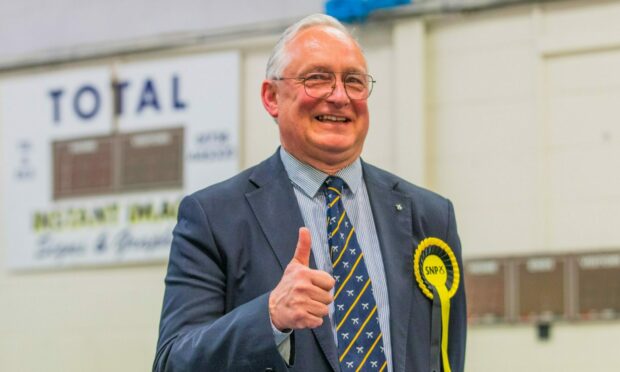
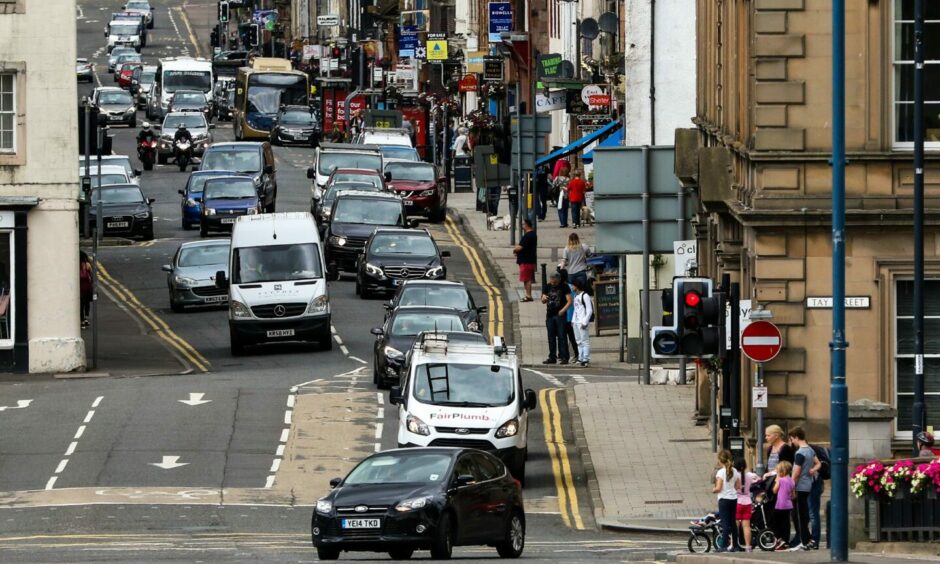
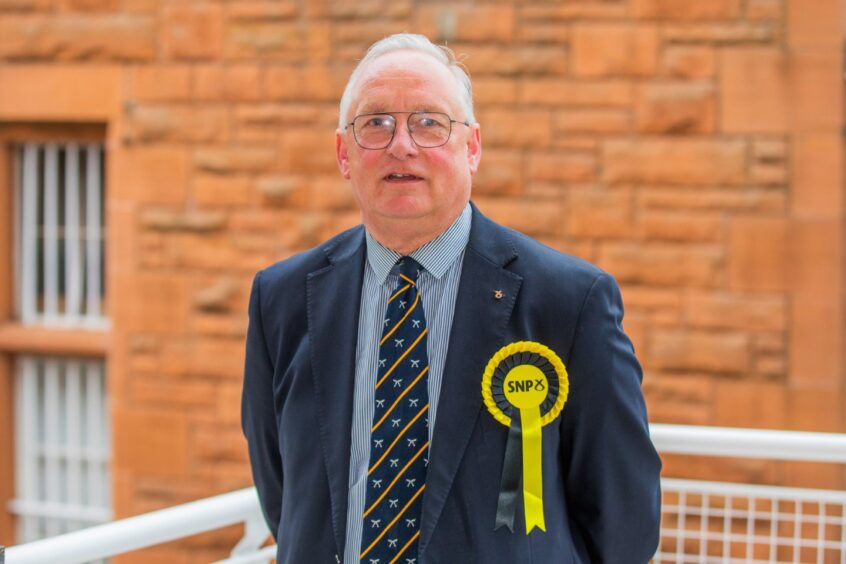

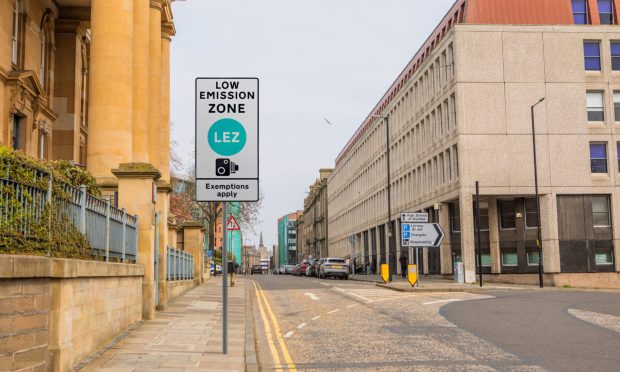
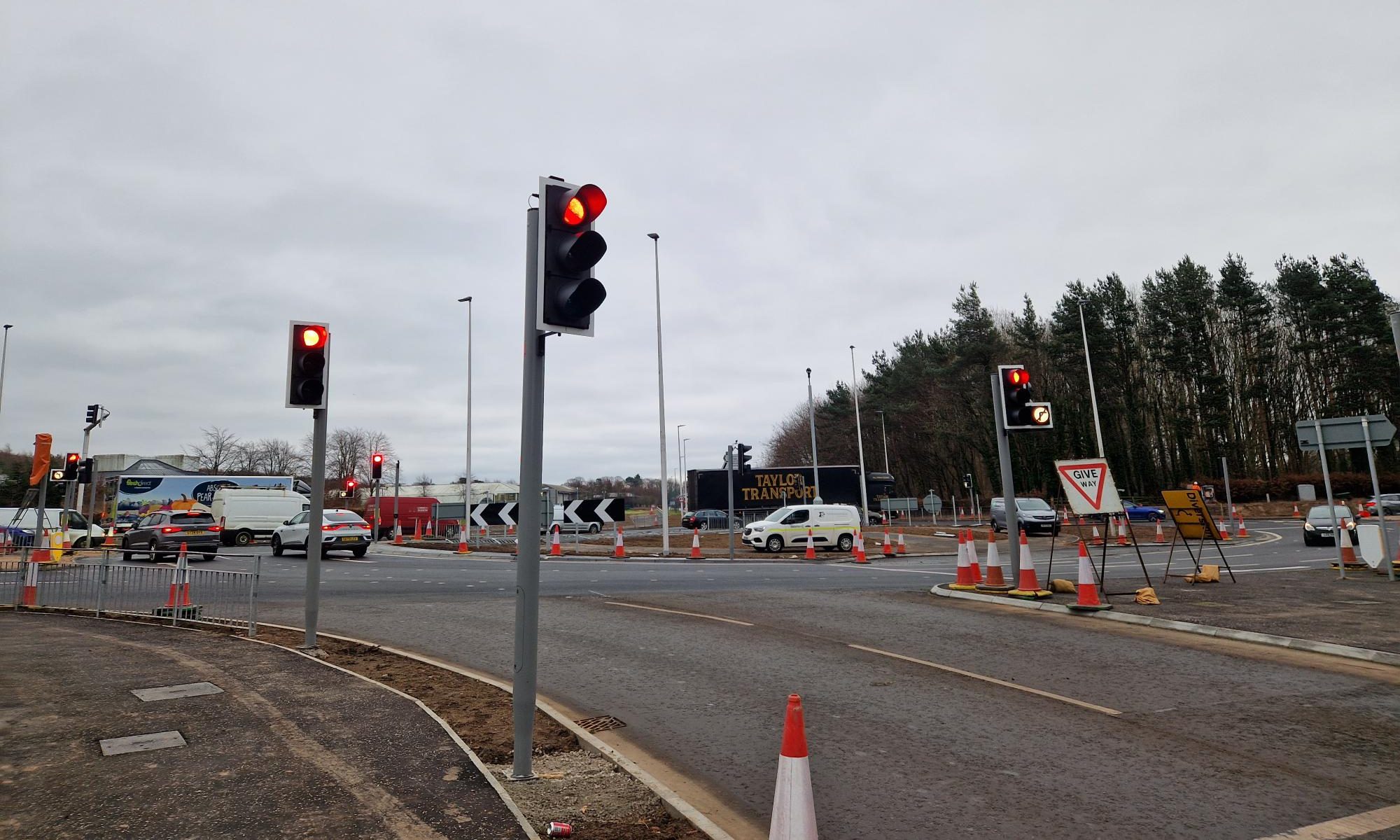
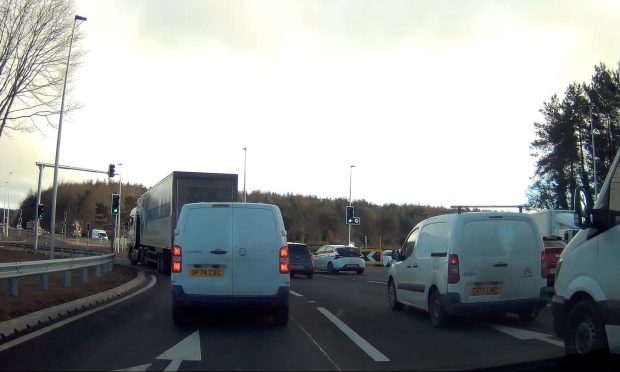
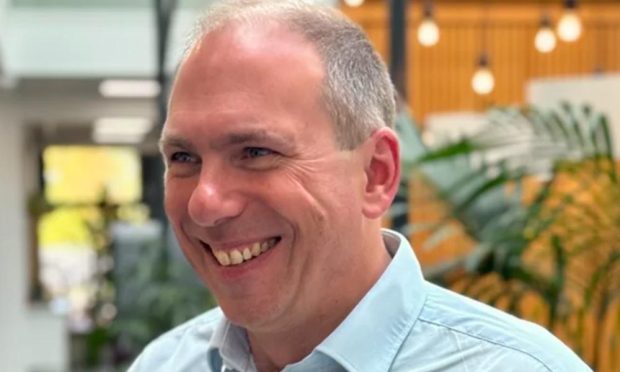
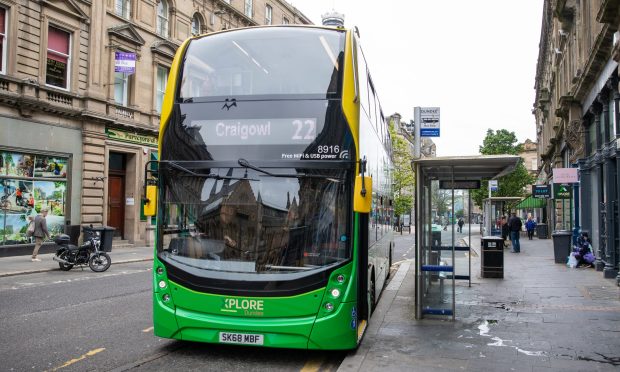
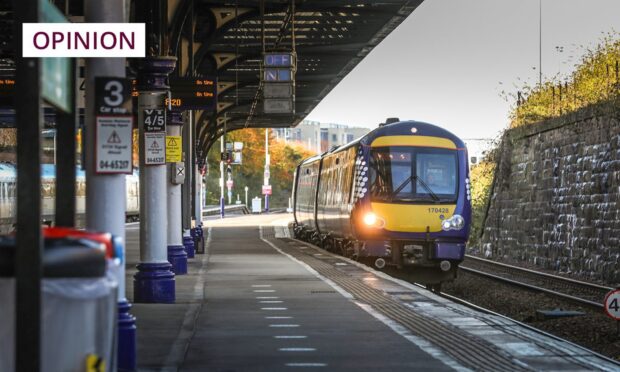

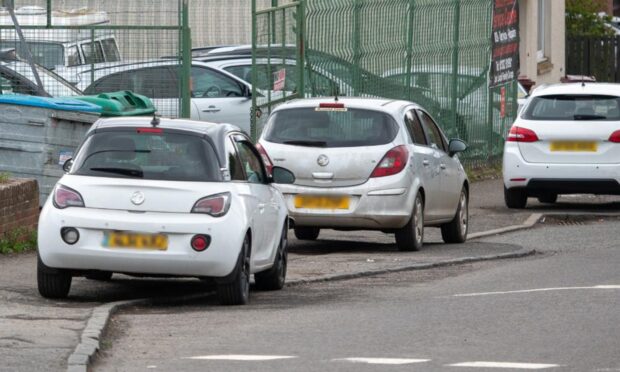
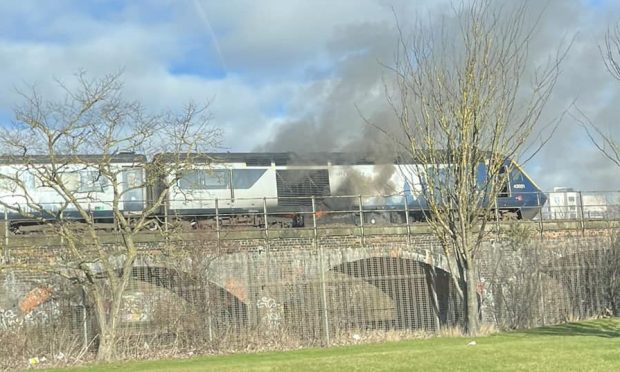
Conversation